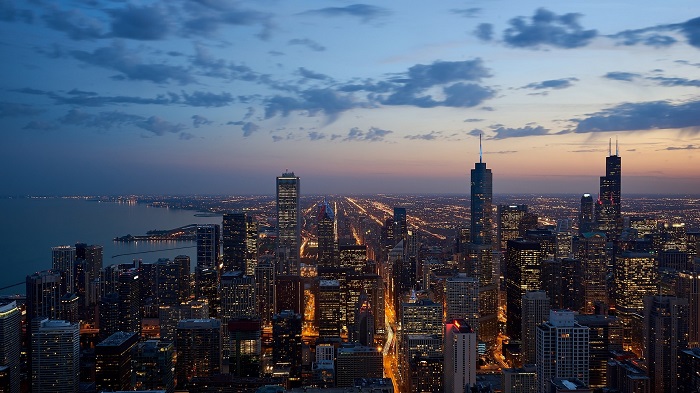Swammerdami
Squadron Leader
I think Loren and I have very similar views here; it's my word choices that have him disagreeing!
I don't like long cascades of rejoindering, but this is all much too confused for me to ignore. My guess is that the word "gambling" has some special "shady" connotation to Loren; otherwise the link between "excessive leverage" and "gambling" would be unquestioned.
And Loren's "instability is not the same thing as hyper efficiency" is even more baffling. Loren, Do you think the phrase "A and associated B" implies that "A and B are the same thing"? I'd offer specific examples of A and B to demonstrate the absurdity of your conclusion, but I think you should do that so we can be sure we're on the same page.
If you want to know the difference between "efficiency" and my "hyper-efficiency", or want examples of the ASSOCIATION between hyper-efficiency and instability I'll oblige, but first let's make sure we're speaking the same dialect!
I disagree because I think the main issue was the instability caused by the excessive leverage rather than the gambling etc.Disagree. I think the primary cause of the collapse was that we ignored the lesson we learned in 1929 about limiting margin ratios....The credit crisis of 2008 was the most dangerous world-wide financial crisis since the the Great Depression. It was caused by a housing price bubble, and by financial shenanigans pursued in the name of "hyper-efficiency" but which led to large-scale gambling: Big Wall Street Traders were buying million-dollar sports-cars by squeezing an extra 0.01% here and there, oblivious of real-world implications and with criminal cooperation from rating agencies. They eventually cost trillions to the real economy.
Unfortunately, we did not learn our lesson in 2008 and did basically nothing to curtail the exotic forms of borrowing. The same instability still exists. It's like the snow pack on the mountain--if it's unstable enough sooner or later the avalanche will be triggered. The nature of the trigger is unimportant, the underlying instability is what caused it.
I'm not sure why you say you "disagree" with me. My "hyper-efficiency" and "gambling" referred directly to excessive leverage. By the way, there are hyper-efficiencies other than excessive leverage that also pose risks to stability; high-frequency trading is one example.
But do not underestimate the sheer criminality that contributed to the crisis. The fancy new "investments" required good ratings from Moody's et al, but the favorable ratings were a corrupt joke. It is unethical for Wall St. salesman to exaggerate the way used-car dealers do, but many were well aware of financial flimsiness.
It's hard to prosecute Wall St. criminality. Passing new regulations after the fact is like Whack-a-Mole: New loopholes will be found. I think a very small tax on financial transactions would eliminate some of the useless hyper-efficiency and associated instability.
The guys playing with fire got burnt. I don't care. I care that the system was so unstable that the fire propagated far beyond them.
And instability is not the same thing as hyper efficiency.
I don't like long cascades of rejoindering, but this is all much too confused for me to ignore. My guess is that the word "gambling" has some special "shady" connotation to Loren; otherwise the link between "excessive leverage" and "gambling" would be unquestioned.
And Loren's "instability is not the same thing as hyper efficiency" is even more baffling. Loren, Do you think the phrase "A and associated B" implies that "A and B are the same thing"? I'd offer specific examples of A and B to demonstrate the absurdity of your conclusion, but I think you should do that so we can be sure we're on the same page.
If you want to know the difference between "efficiency" and my "hyper-efficiency", or want examples of the ASSOCIATION between hyper-efficiency and instability I'll oblige, but first let's make sure we're speaking the same dialect!

